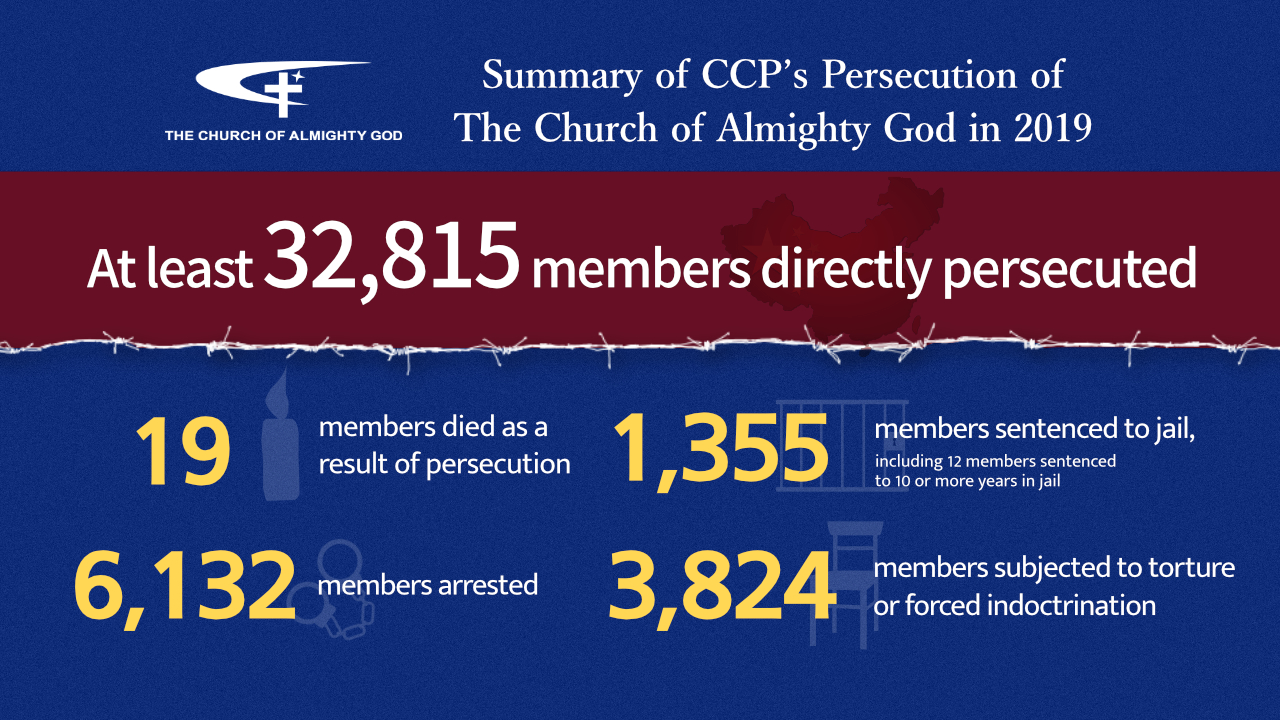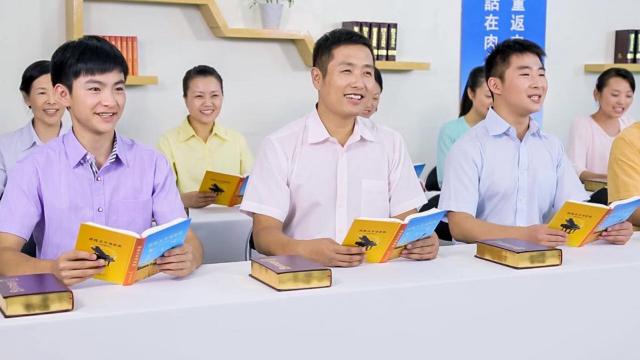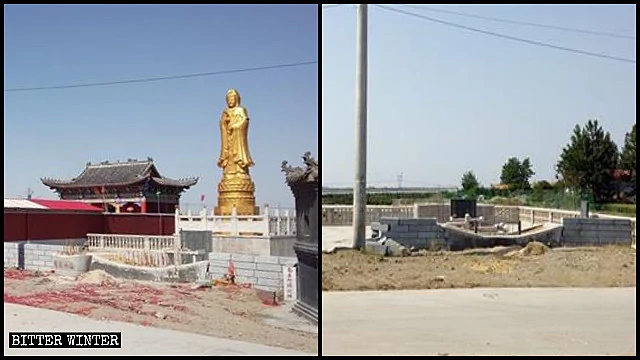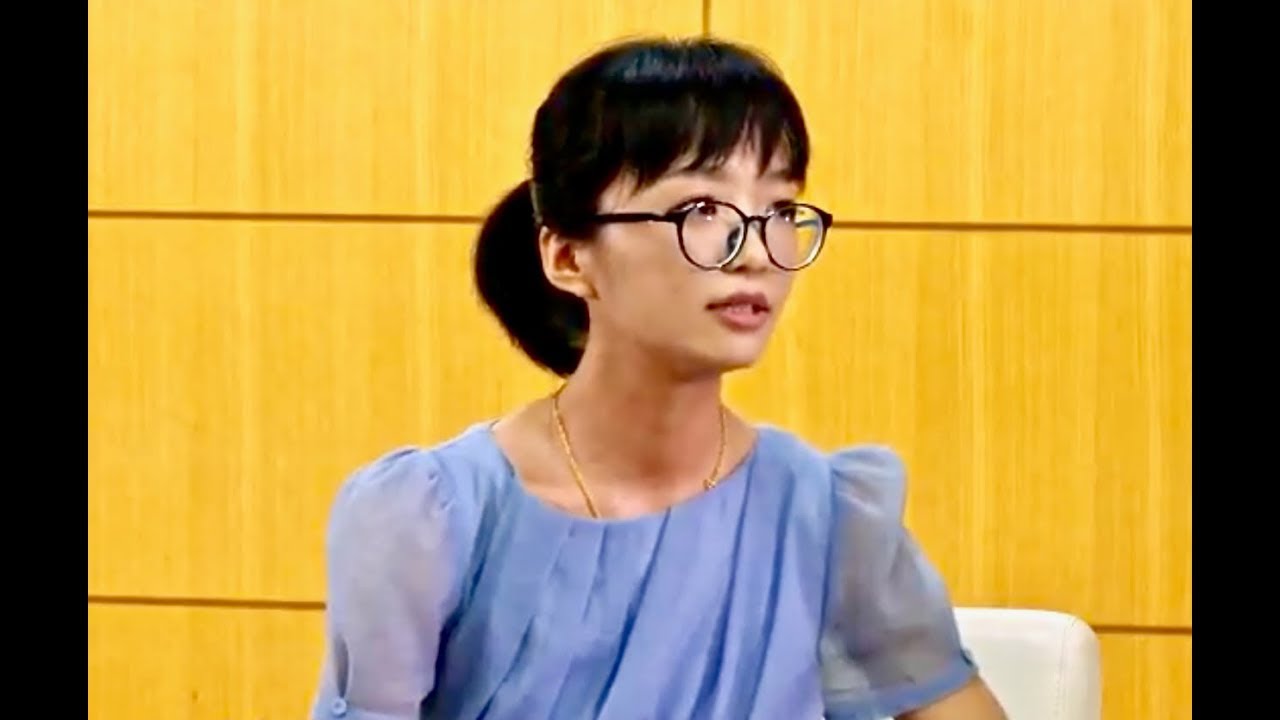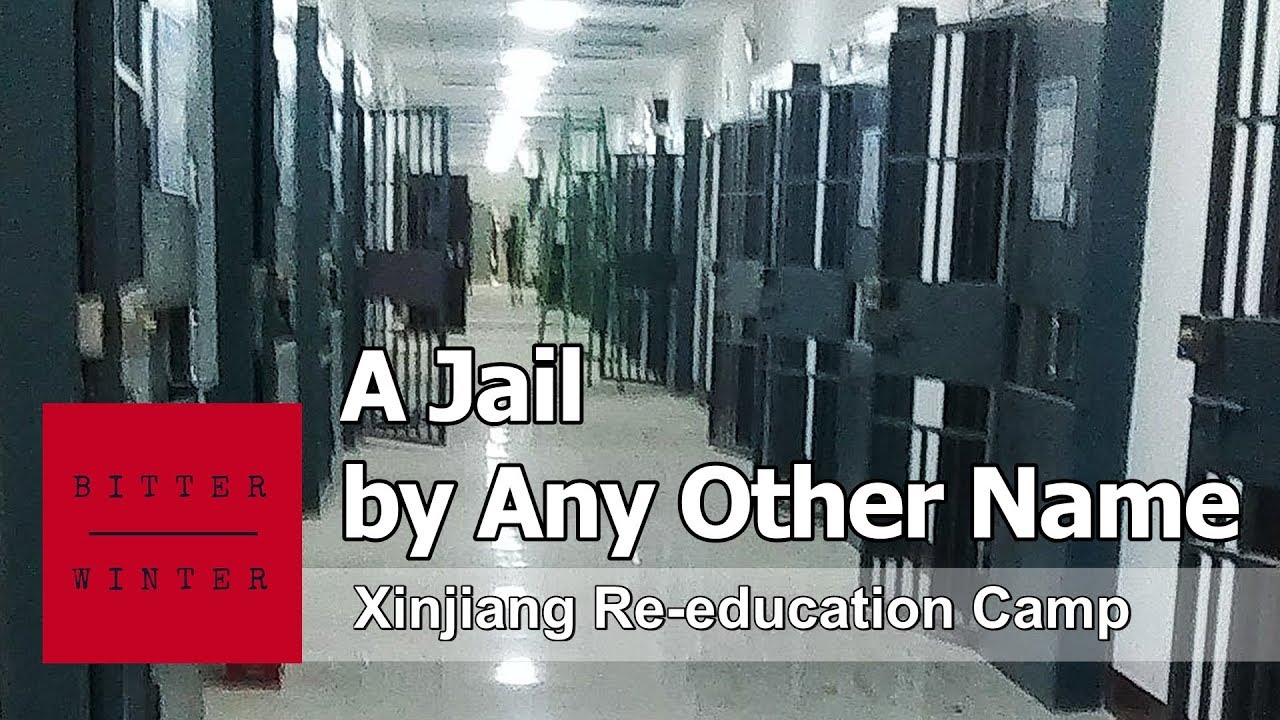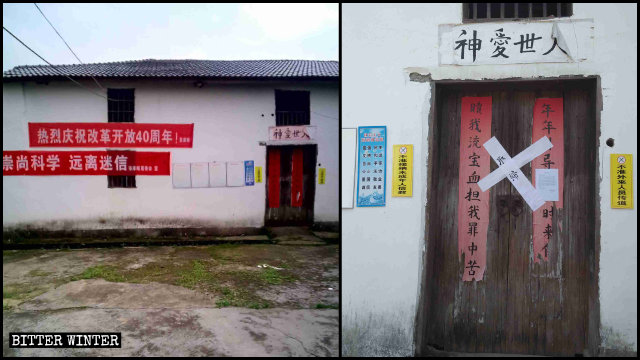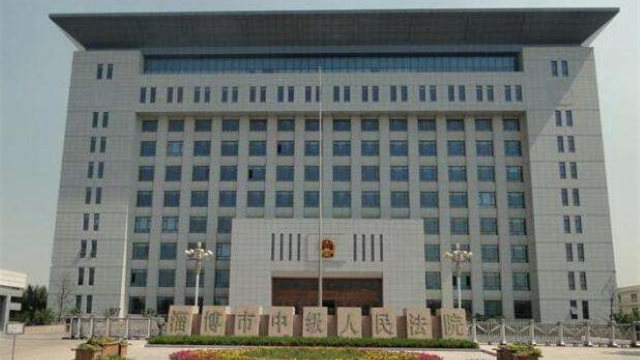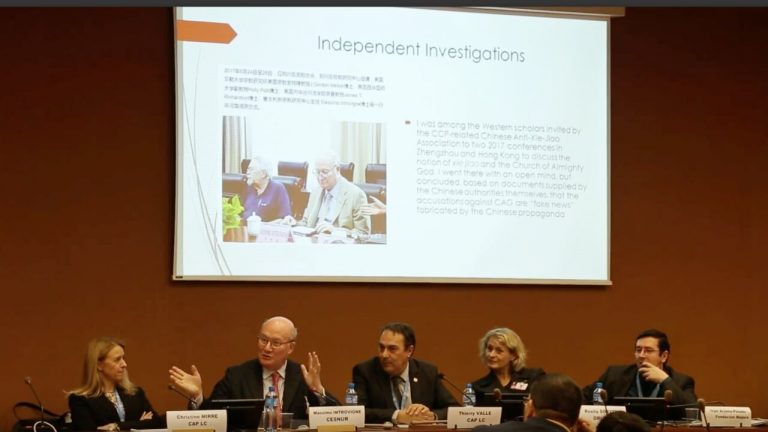Chinese human rights lawyer Wang Quanzhang in recent photo following his April 5 release from prison, after which he went into isolation for coronavirus prevention. Fellow rights lawyer Xie Yang said Wang looked aged and had expressed his hope to be reunited with his family as soon as possible, at a meeting in Jinan, April 20, 2020.
Police in the eastern province of Shandong denied on Monday that they were keeping Chinese rights lawyer Wang Quanzhang under surveillance following his release from a four-and-a-half year prison sentence.
An officer who answered the phone at the Shengjing police station in Shandong’s provincial capital, Jinan, said the local police station wasn’t involved in his case.
“The police station isn’t managing him; he’s not within our remit,” the officer said. But he appeared to suggest that Wang is being “managed” by local neighborhood committee officials instead.
“You should contact the neighborhood office,” he said.
Repeated calls to the cell phone listed for the head of the Shengjing neighborhood committee rang unanswered during office hours on Monday.
Fellow rights attorney Xie Yang said Wang is still not free, in spite of being “released” from Shandong’s Linyi Prison.
“The people surveilling him are [still working for the police],” Xie said. “Or rather, the police can mobilize and direct them. They have just changed the way they do it.”
“In a system like this, people just do as they’re told; they don’t overthink things,” he said.
‘I have aged a great deal’
In a brief interview with RFA on Monday, Wang said he hopes to be reunited with his family as soon as possible.
“I have aged a great deal, but I’m still in quite good health,” Wang told RFA. “I have no major health problems apart from occasional ear infections.”
“The neighborhood committee is imposing restrictions on me, but the police haven’t ordered them to directly restrict my personal freedom,” he said.
Wang said he is in the process of applying for a national ID card.
“I’m going down to the police station with Xie Yang to get an ID card,” he said. “I can see the sky, the green grass and lovely flowers, so that’s very real for me.”
Wang said international media attention may have helped his situation, and praised his wife, Li Wenzu, whose advocacy on his behalf he said had been “beyond what I could have imagined.”
“I am very grateful to my family, and I hope to be reunited with them as soon as possible,” he said. “This is the main thing I am trying to make happen.”
But he says he has disordered and confused memories from the period following his arrest amid a nationwide operation targeting rights lawyers in July 2015.
Wife wants him back in Beijing
Li called for Wang to be allowed back to Beijing to rejoin his family.
“They have said all along that Quanzhang would be at liberty after 14 days of quarantine, but it’s 16 days now [since his release],” she said.
“What I want more than anything is for Quanzhang to come to Beijing immediately, to come home to me and our child.”
Wang was released from Shandong’s Linyi Prison at the end of a four-and-a-half year jail term handed down on Jan. 28, 2019 by the Tianjin No. 2 Intermediate People’s Court, which found him guilty of “subversion of state power.”
The verdict and sentence followed repeated delays, resulting in Wang being held in pretrial detention for more than three years with no access to a lawyer or family visits, time which was later taken into account when calculating his release date.
During that time, the authorities failed to provide a proper account of Wang’s prolonged detention to the public, including Wang’s family and family-appointed defense lawyers.
A nationwide police operation under the administration of President Xi Jinping has targeted more than 300 lawyers, law firms, and related activists for questioning, detention, imprisonment, debarring, and travel bans since it launched in July 2015.
Reported by Gao Feng for RFA’s Mandarin Service, and by Ng Yik-tung and Sing Man for the Cantonese Service. Translated and edited by Luisetta Mudie.
Source: Copyright © 1998-2016, RFA. Used with the permission of Radio Free Asia, 2025 M St. NW, Suite 300, Washington DC 20036. https://www.rfa.org.

